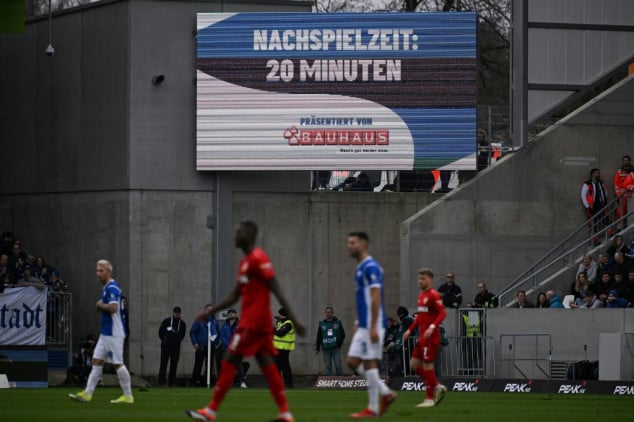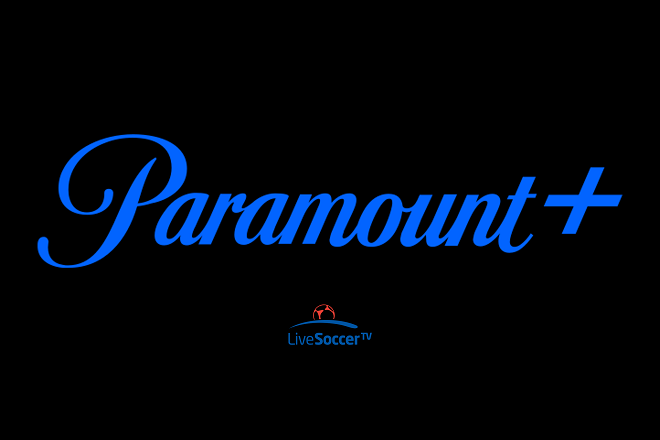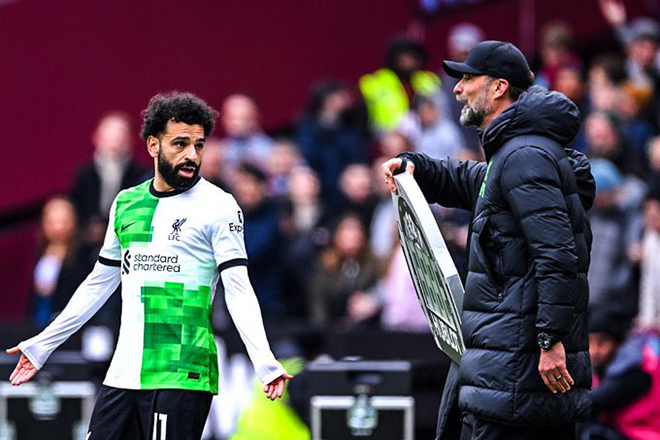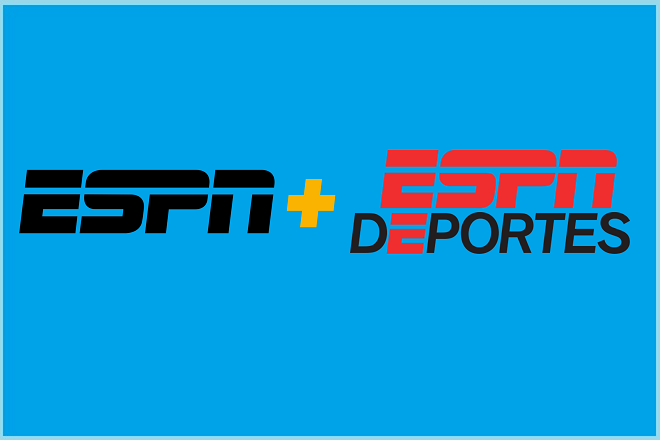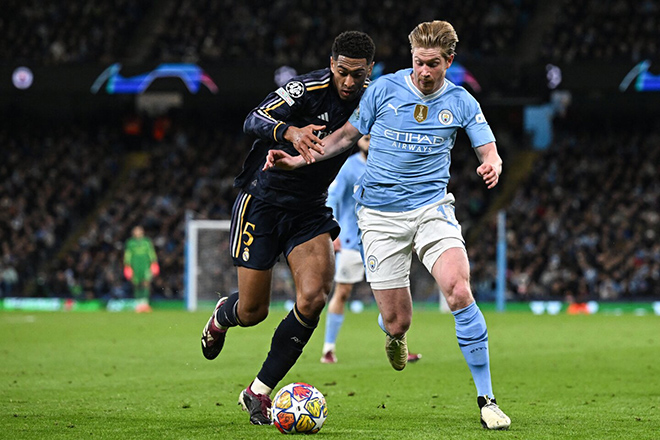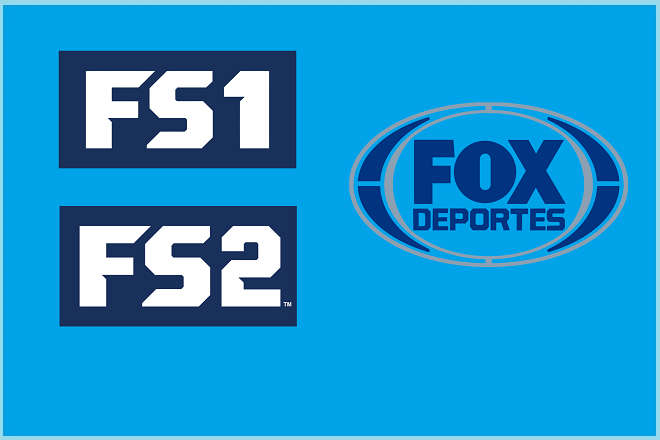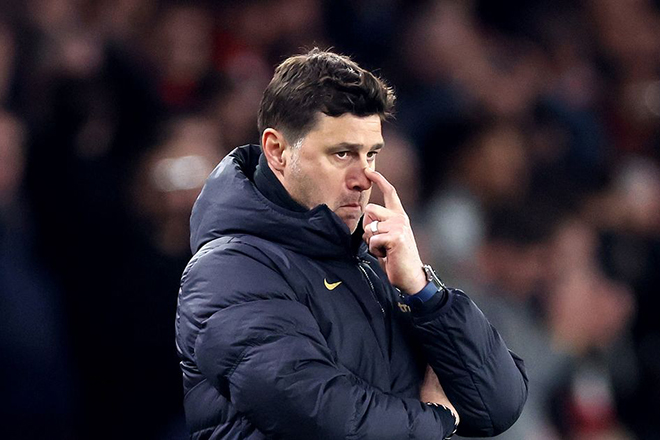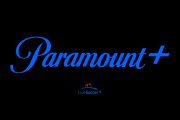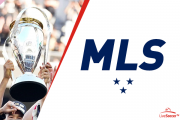The German Football League (DFL) on Wednesday dropped a huge cash injection deal with investors for a share of Bundesliga media revenues after widespread fan protests, a U-turn hailed by fanclubs as a "success" for supporters.
"Given current developments, a successful continuation of the process no longer seems possible," Hans-Joachim Watzke said in a statement on behalf of the DFL's board.
Fans had littered pitches with tennis balls and chocolate coins, attached bike locks to the goals and released toy cars onto the field to signal their opposition to the deal.
The protests interrupted matches over the last weeks, leading referees to even threaten to abandon games.
In December, German clubs voted by a two-thirds majority in favour of the plan to "secure long-term and sustainable success".
In exchange for eight percent of future TV rights, the league would receive an immediate investment, said to be close to one billion euros ($1.1 billion), to help market and promote the Bundesliga internationally.
Despite excellent stadium attendances and a lucrative domestic TV deal, international interest in the Bundesliga lags behind that of England's Premier League or Spain's La Liga.
But Germany's powerful fan clubs say the investor process lacked transparency and ignored supporters' wishes.
German football has a notable commitment to fan control and involvement via a "50+1" rule which restricts the degree of influence an external investor can have over a club.
The rule is incredibly popular among German fans, many of whom value it more than success on the field.
Hailing Wednesday's decision, fan group Unsere Kurve said the "comprehensive, but very peaceful and very creative protests were ultimately the key to success".
German football was being tested by the protests, "even if a large majority are in favour of the necessity of the strategic partnership", Watzke said.
"Fan groups are causing major clashes, which are increasingly jeopardising game operations... and thus the integrity of the competition," said Watzke, who also serves as CEO of Borussia Dortmund.
Under the circumstances, the completion of the deal "cannot be guaranteed", he said, adding that the decision to drop the investor tie-up was unanimous.
A similar proposal which sought to sell off a higher percentage of the TV revenue for a larger fee failed to get the necessary majority when put to a vote in May last year.

